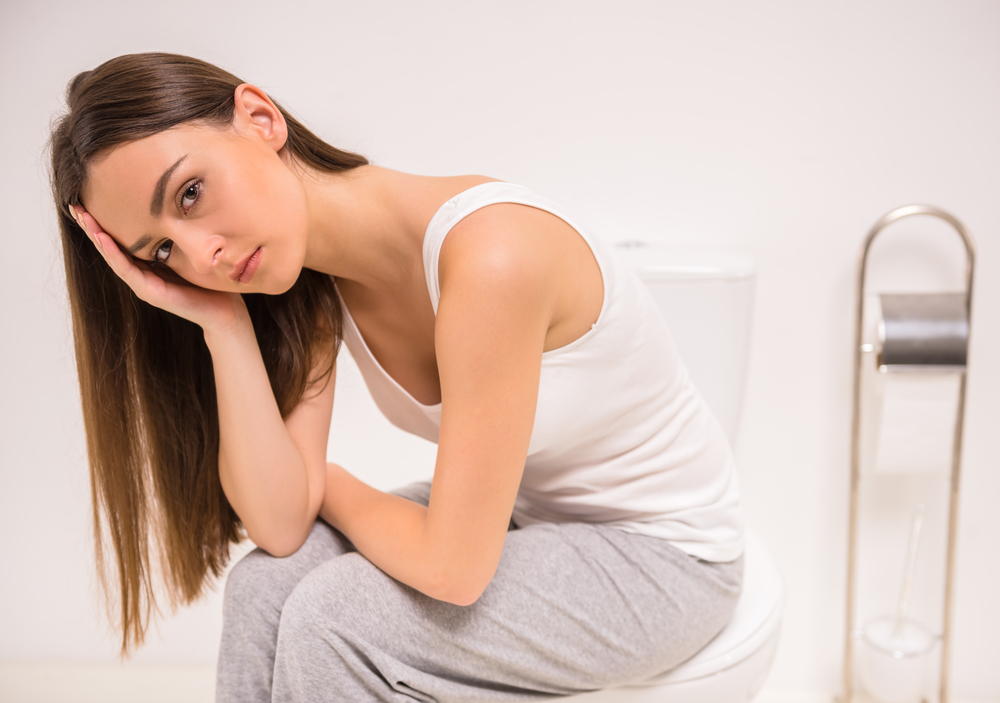
Watery stools happen to everyone, and they can seriously interrupt your daily routine. In this article, we’ll go over what causes liquid stool, when to worry, and what you can do about it.
Watery stool is often referred to as diarrhea, but it could also just be a single, loose, watery stool, with less form than a normal bowel movement. Diarrhea is defined as three or more loose or watery stools in a day.
Watery Stool Causes
The good news is that most watery stools are due to some kind of acute illness, like the flu or food poisoning, for example. While this might not sound like good news, it means that it will be short-lived and, typically, go away on its own, without any major cause for concern. However, if you experience watery stools for more than a few days or if they become chronic, meaning that they last for four weeks or more, you’ll need to get to the root cause. Check out this article for how to address chronic diarrhea.
If your watery stools don’t go away after a few days and/or you suspect an underlying problem, consider the following:
- Constipation: as odd as it seems, constipation could be the cause of water stools. If the hard stool is blocking the rectum, loose, watery stools could escape around it.
- Undiagnosed food sensitivities or allergies: reacting to certain foods could also be to blame for ongoing watery stools. Common culprits include dairy and gluten, but working with your physician or a nutritionist to undergo an elimination diet and food allergy testing can help nail down your problem foods.
- GI Disorders: conditions like IBS (irritable bowel syndrome), IBD (irritable bowel disease), Chrohn’s Disease and others can also be underlying causes of chronic, watery stool. Again, it’s key to work with your physician to undercover these sorts of disorders.
- Damage: past damage to the anal sphincter, such as hemorrhoid removal or damage during childbirth, can also be a cause of watery stools. These are also important reasons to check in with your doctor if you think they could be the cause of watery stools.
Remember too that the color of your watery stools can be telling, so check out what yellow, green and black diarrhea can mean.
How to Deal With Watery Stools
Similar to diarrhea, it’s important to act quickly if you have watery stools, especially if they last beyond a day.
Staying hydrated is key. We recommend rotating between pure water, unsweetened coconut water, and homemade veggie or bone broths. It’s also important to avoid trigger foods like overly greasy or spicy foods, foods you are intolerant to and sugar-sweetened beverages. On the flip side, focus on nourishing, easily digestible foods like soups, stews, bananas, and unsweetened applesauce.
While most instances are no need to worry, if you have any questions as to whether your watery stool is normal or if it doesn’t resolve with these simple DIY techniques, it’s best to check in with your doctor.

